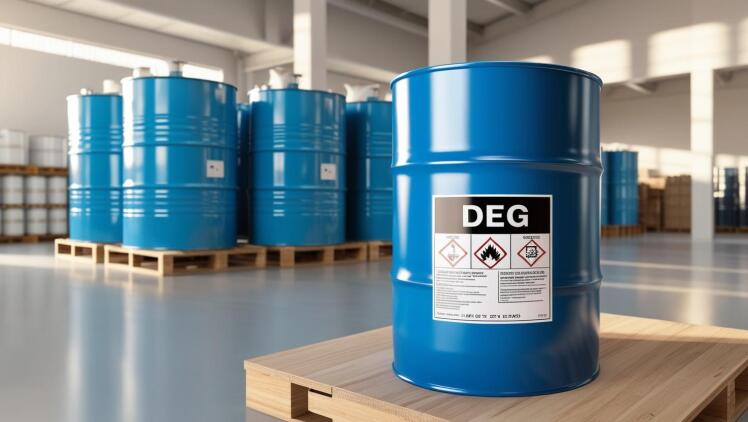ادامه مطلب
Strategies for Navigating Price Volatility
Tips for Businesses to Manage Costs Effectively 1. Diversify Suppliers: Relying on a single supplier can expose businesses to significant risk during price fluctuations or supply chain disruptions. By diversifying the supplier base, companies can mitigate risks and negotiate better pricing through competition. 2. Implement Cost-Tracking Systems: Regularly monitor and analyze production costs, including raw materials, energy, and transportation expenses. This data-driven approach enables businesses to identify trends …


